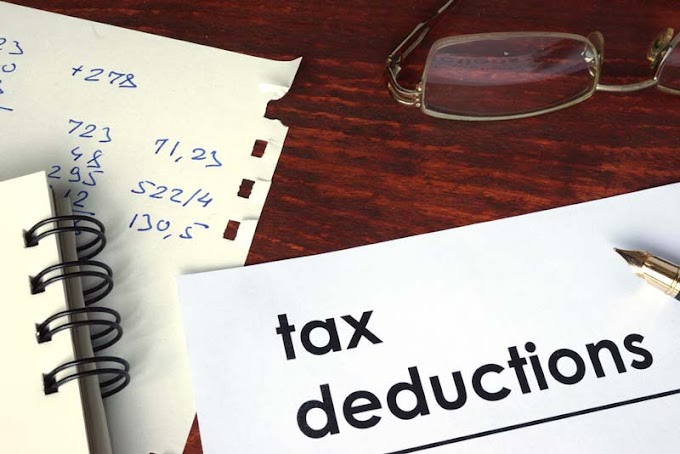In this article, we'll delve into the world of NPA and explore the best strategies for managing and mitigating their impact. By the end, you'll have a better understanding of what non-performing assets are, why they're so concerning, and how you can deal with them to secure your financial future.
What are Non-Performing Assets?
Non-performing assets are any assets that have ceased to generate income and have become a burden to the holder. This can include loans, bonds, mortgages, and other financial instruments that are no longer being paid on time.
The most common type of non-performing asset is a loan that has gone into default. When a loan is no longer being repaid, it becomes a burden on the lender, and can have a significant impact on their financial stability. This is because the lender must continue to carry the cost of the loan, even though it's no longer generating any income.
How do Non-Performing Assets Impact Your Finances?
Non-performing assets can have a major impact on your finances, and can affect your ability to secure loans, make investments, and grow your wealth.
Here are just a few of the ways that non-performing assets can impact your financial stability:
Dealing with non-performing assets can be a complex and challenging process, but it's important to take action in order to secure your financial stability.
Non-performing assets are any assets that have ceased to generate income and have become a burden to the holder.
- Decreased credit score: When you have non-performing assets on your record, your credit score may drop, making it more difficult to secure loans in the future.
- Decreased income: Non-performing assets can decrease your overall income, as you're no longer receiving payments from the assets in question.
- Increased risk: When you have non-performing assets, you may become a higher risk for lenders, which can make it more difficult to secure loans and investments in the future.
How to Deal With Non-Performing Assets
Dealing with non-performing assets can be a complex and challenging process, but it's important to take action in order to secure your financial stability.
Here are a few of the best strategies for managing non-performing assets:
- Negotiate with the borrower: In some cases, you may be able to negotiate with the borrower in order to get the loan back on track. This can involve modifying the loan terms, reducing the interest rate, or finding another solution that works for both parties.
- Sell the asset: If you're unable to work out a solution with the borrower, you may need to sell the asset in order to recoup some of your investment.
- Write off the asset: In some cases, it may be necessary to write off the asset and take a loss in order to move on from the situation.
FAQs
What is the definition of non-performing assets?
Non-performing assets are any assets that have ceased to generate income and have become a burden to the holder.
How do non-performing assets affect your credit score?
When you have non-performing assets on your record, your credit score may drop, making it more difficult to secure loans in the future.
When you have non-performing assets on your record, your credit score may drop, making it more difficult to secure loans in the future.
How can you deal with non-performing assets?
There are several strategies for dealing with non-performing assets, including negotiating with the borrower, selling the asset, or writing off the asset. The best strategy will depend on the individual circumstances and the severity of the non-performing asset.
Conclusion:
Non-performing assets can be a major concern for businesses and individuals alike, but with the right strategies in place, they can be effectively managed and mitigated. Whether you're a business owner or an individual investor, it's important to understand what non-performing assets are, how they can affect you, and what steps you can take to deal with them. By following the tips and strategies outlined in this article, you can ensure that you're taking the necessary steps to secure your financial future and manage your non-performing assets effectively.
There are several strategies for dealing with non-performing assets, including negotiating with the borrower, selling the asset, or writing off the asset. The best strategy will depend on the individual circumstances and the severity of the non-performing asset.
Conclusion:
Non-performing assets can be a major concern for businesses and individuals alike, but with the right strategies in place, they can be effectively managed and mitigated. Whether you're a business owner or an individual investor, it's important to understand what non-performing assets are, how they can affect you, and what steps you can take to deal with them. By following the tips and strategies outlined in this article, you can ensure that you're taking the necessary steps to secure your financial future and manage your non-performing assets effectively.







